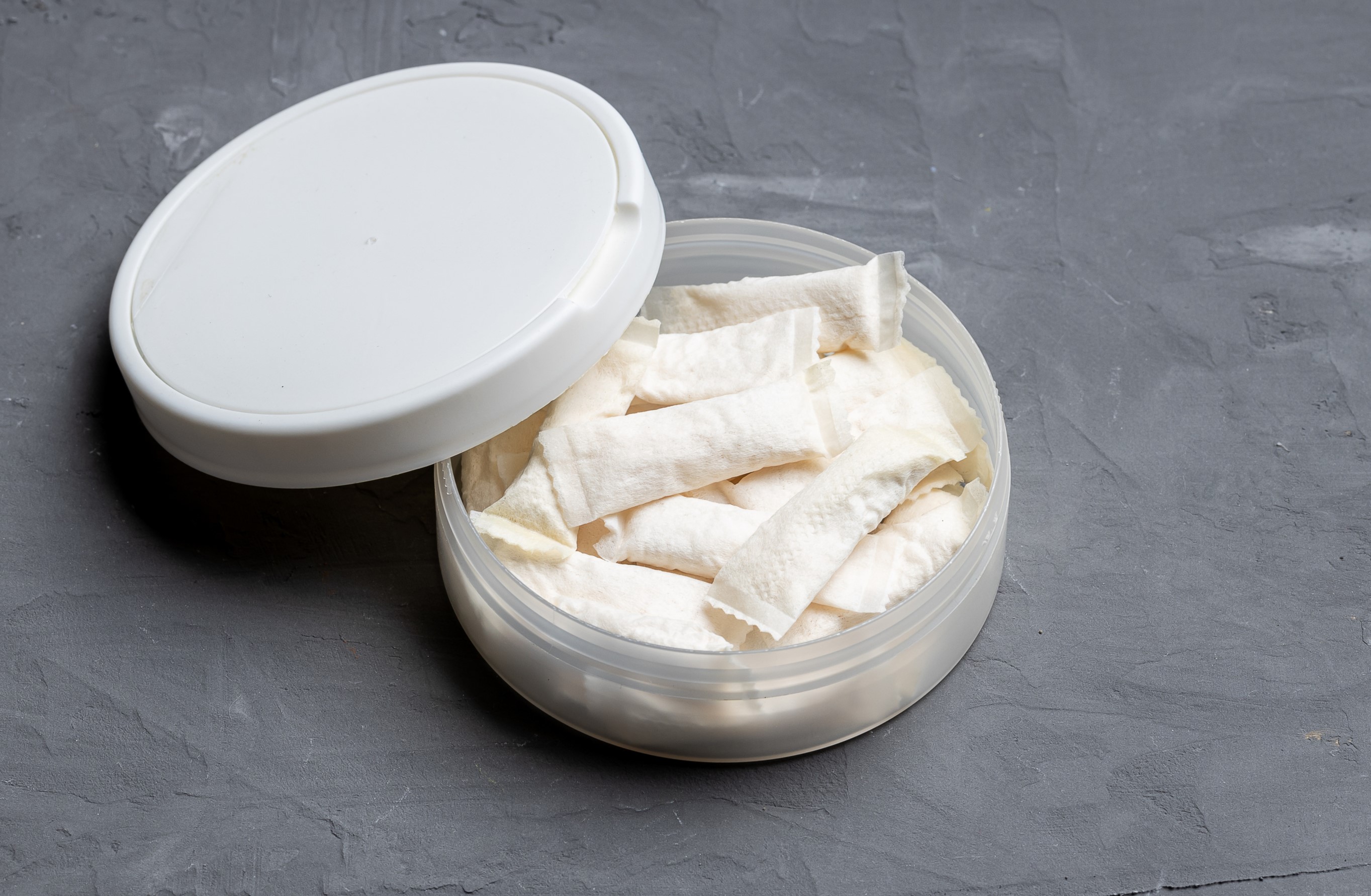Quitting smoking is one of those things that’s often more easily said than done. Once you’ve decided that you’re ready to quit, it’s important that you plan how you’re going to stop smoking to give yourself the best possible chance of being successful. The quitting journey is unique for everyone, and quitting plans will vary from person to person. However, something that every plan should include is how to manage your nicotine withdrawals and triggers to smoke. If you can identify and avoid your triggers, as well as find ways of coping with cravings, you’ll go a long way towards achieving a smoke-free life.
This article will provide you with handy hints to use when you’re quitting. You might even want to include a few in your quitting plan!
Before you begin…
- Write your main reasons to quit on a piece of card or in your phone so, when quitting gets tough, you can remind yourself why you’re doing it.
- Prepare yourself for the possibility of withdrawal symptoms and see them as positive signs that your body is beginning to recover - remember, withdrawal is temporary.
- Have coping mechanisms on hand ready to use, such as a water bottle, chewing gum, nuts, fruit, nibbles or cut-up carrots and celery.
- Try to plan some daily physical activity.
Activities you can practice at home
- Visualising yourself as a non-smoker.
- Refusing all offers to smoke in social situations.
- Taking time out by using relaxation exercises such as deep breathing, stretching or listening to ambient music.
Remember - practice makes perfect!
Things to take your mind off smoking
- Keep your brain and hands busy with puzzles, arts and crafts (adult colouring in books are popular), games on your smartphone or stress balls (fidget spinners or rubik's cube, anyone?)
- Go for a walk (listening to music or a podcast are great distractions)
- Find yourself a new hobby such a learning a new language or musical instrument, gardening, volunteering, yoga
- Use the 4Ds to get through cravings - Delay, Deep breathing, Drink water, Do something else
Treat yourself!
Smoking is becoming increasingly expensive, so add up how much money you’ll save when you quit! Put some of these savings aside and buy something to reward yourself, like:
- Flowers
- Lunch at your favourite cafe
- Movie tickets
- Magazine subscription
- New DIY tools
- A holiday
Need a helping hand?
- If you ever want to talk to someone for help to quit and stay quit you can always chat to Quitline to receive phone counselling from a trained smoking cessation counsellor. Quitline is available Monday – Friday and it also has a webchat and call-back service.
- Download the My QuitBuddy app and jump on its community forum to share your experience with fellow quitters.
- Nicotine replacement therapy (NRT) can reduce nicotine withdrawal symptoms such as anxiety, cravings, mood swings and irritability. We recommend you talk to your doctor or pharmacist and they can explain how best to use these products. Remember, nicotine patches may be cheaper with a prescription from your doctor. You can read more about NRT products by downloading our Quitting Products Guide.
Quitting smoking is fantastic for your mental wellbeing. For more, read up on quitting for your mental health. And remember...

.webp)



.jpg)
.jpg)






